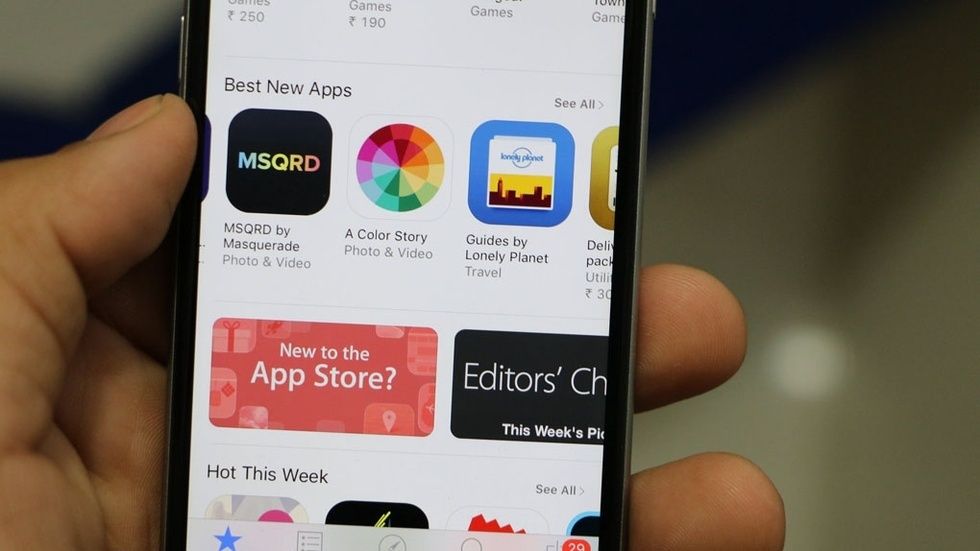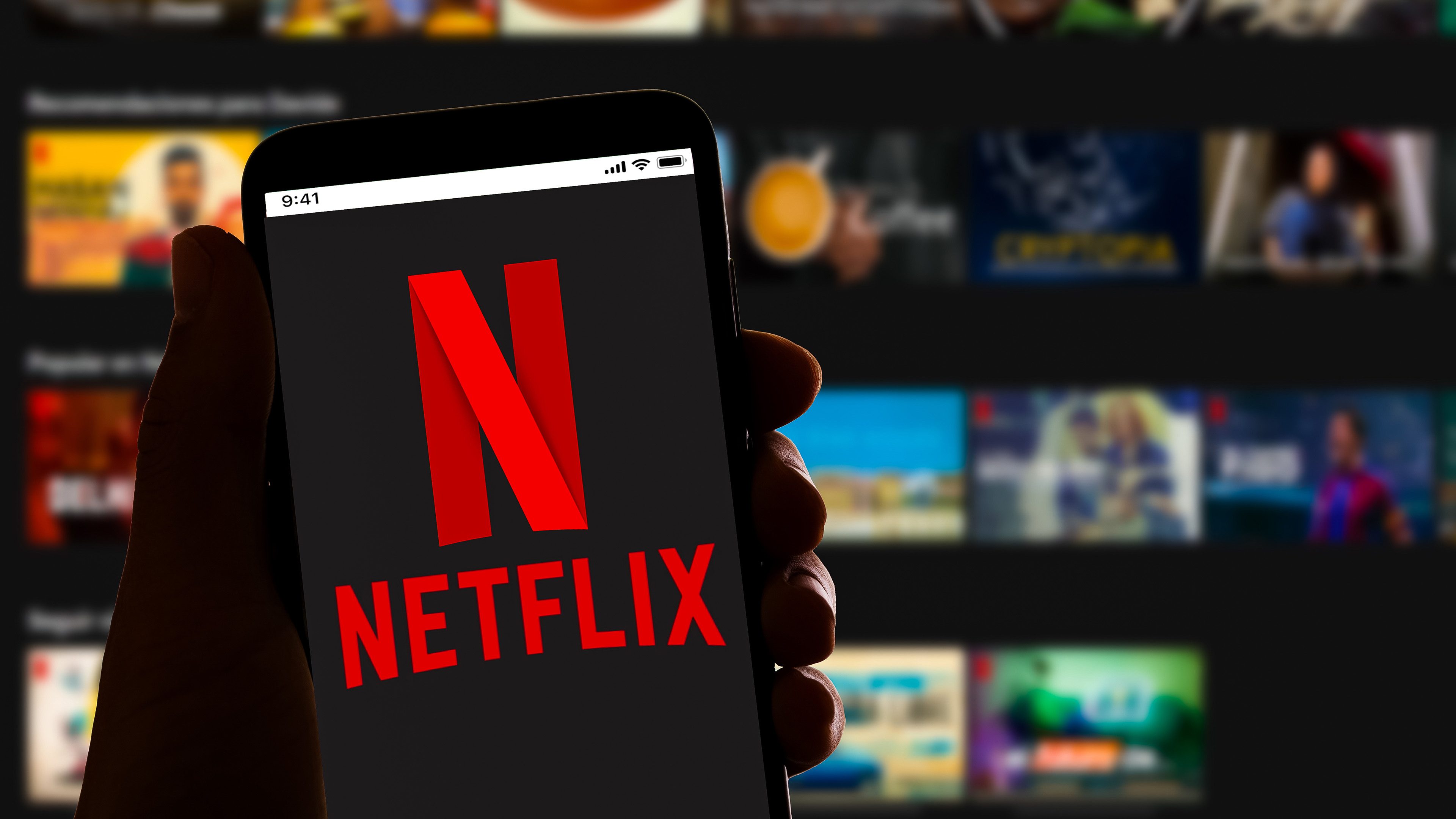
Titans are clashing. Big tech companies, including Apple, are facing legal challenges from government entities such as the European Commission and the U.S. Department of Justice. Battle lines are being drawn. Compromises are being floated. Hours are being billed by pricey law firms.
But what does it all mean for the regular people who live in regions governed by these entities and use products made by those tech giants? Is this something that will change how we use our personal technology, or will it end up meaning a whole lot of nothing? What about the smaller developers who create innovative apps but can’t afford to employ giant law firms or take out million-euro lines of credit at their local bank?
Who gets protected?
Sometimes I wonder exactly who the European Commission is protecting–its citizens, or large corporations? Fortunately, Apple has handed the EC a golden opportunity to show what it stands for. Apple was recently forced by regulators–er, I mean, it received feedback from developers and other stakeholders–to amend its complex plans for alternative app marketplaces in the EU and just go ahead and offer direct downloading of apps. (Again, it’s 2024, and only now may Apple offer iPhone users in one region the ability to download software from the Internet, something many Mac users were doing in the 1990s!)
Because the EC has (rightly) allowed Apple to continue acting in the interest of the security of the users of its platforms, Apple hasn’t just agreed to turn on iPhone app downloads in the EU. Instead, it’s created the concept of a “trusted developer”–and only developers who meet a series of rules can qualify. The rules require developers to spend at least two years with active Apple developer accounts and have a successful app business with a million app installs in the EU in the last year.

Apple’s new App Store rules could end up hurting its smallest developers.
Foundry
In other words, to get around Apple as a gatekeeper of software, you must spend two years inside its gates and have already created an app so popular that it’s landed on a million iPhones in the EU. In the name of security, Apple has raised the bar for sideloading so high that almost nobody will be able to cross it.
This is a rule that offers freedom, but only for the biggest and most successful developers. Imagine if a bunch of brilliant developers left their employers, got some funding, came up with an idea for a killer app had to be sideloaded due to Apple’s refusal to allow such an app in the real App Store, and got busy. They’d need to wait two years and create some other hit app in the meantime to be considered trustworthy.
Now it’s the European Commission’s opportunity to decide whether Apple is allowed to set arbitrary rules that bar smaller developers from opportunities open to the likes of Spotify, Epic, and Meta. We’ll see what it decides.
Similarly, Apple’s “Core Technology Fee” threatens small developers by charging 0.50 euros per app download over a million downloads. As developer Riley Testut testified last week, a free app he built as a teenager and gave away for free would’ve cost his parents millions of euros in fees. An Apple representative indicated the company is aware of the issue, but it’s easy to see why this bizarre set of rules exists: Apple’s trying to cadge money out of big developers. Smaller developers? They’re just collateral damage.
Trickle down to who?
While most regulation is at least intended to benefit the public in the long run, many regulatory regimes practice a sort of “trickle down” approach to the benefits. The theory goes that if businesses are able to better compete with gatekeepers like Apple, the competition will create a better environment for consumers. We’ll all benefit from lower prices as the big companies compete with one another.
Unfortunately, a lot of the players in the DMA case seem to be squabbling over which company gets more of the money. Epic Games doesn’t want to pay 30 percent to Apple, but not to give it back to the users, Robin Hood-style–it wants the money for itself. It’s a for-profit corporation, after all. The same goes for Spotify and all the rest. Their goal is to change Apple’s ways so that it’s easier for them to make money without Apple getting in the way.
This is not to defend Apple, which has made an awful lot of money by inserting itself between app developers and their customers. To me, it’s undeniable that Apple has degraded several parts of the iOS experience in order to take a portion of every in-app financial transaction for itself. We’ve all been buying things on the web for how many decades now? Yet Apple insists that it’s unsafe to allow users to use their own credit cards to pay for things on the web or even visit the web.
My point is, will all this reform really mean consumers pay less? Or is this just a squabble about which corporation gets to book a larger average revenue per user?
Protecting us from ourselves
In both Europe and the United States, some of the moves being made seem unfounded, misguided, or confused–and don’t seem to directly address the lives of regular people. I appreciate that controlling access to iOS via the App Store gives Apple an extraordinary level of control over developers, but how many iPhone users in Europe are ever going to install an alternative app marketplace, let alone patronize one over the long term? Will alternatives to in-app purchase become wildly popular, or will the convenience of Apple’s simple purchase system be enough for most users?
Governments can force companies to give users a choice, but that doesn’t mean the users will choose something different.

Apple users really love their iPhones—so does lock-in really matter?
Apple
Then there’s the Department of Justice. I’ve spilled thousands of words about the case and anticipate spilling hundreds of thousands more over the next few years. The initial filing has some strong points and a lot of bizarre and weak moments, but after reading the whole thing, I walked away with the sense that the Department of Justice has nothing but contempt–for Apple and its customers.
The document is full to the brim of the attitude that Apple has spent decades as a sort of technological con artist. It makes the usual tired argument that, essentially, Apple dazzles suckers with clever marketing, cons them into buying overpriced junk, then claps on the manacles and locks them in an ecosystem from which it’s impossible to escape.
It feels to me like the lock-in argument is a bit overplayed. I’d rather switch my iPhone than my Mac, iPad, or Apple TV. Next, take a look at Apple’s growing sales, increasing market share, solid rates of getting Android users to switch to iPhones, and sky-high customer satisfaction rates.
It sure seems like people… like their iPhones, actually?
Yes, Apple benefits from lock-in and frequently encourages it. And that behavior is frustrating and should be curbed. The company has numerous anticompetitive policies that need to be stopped. But step back for a moment and consider: What if the end result of this entire lawsuit is that the Department of Justice unlocks the lock-in… and nobody leaves?







